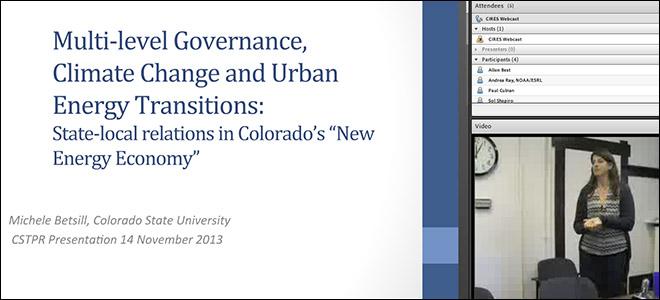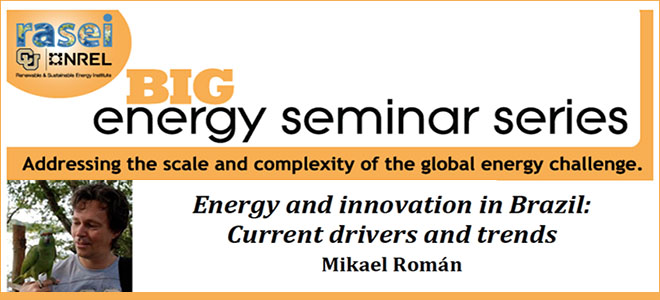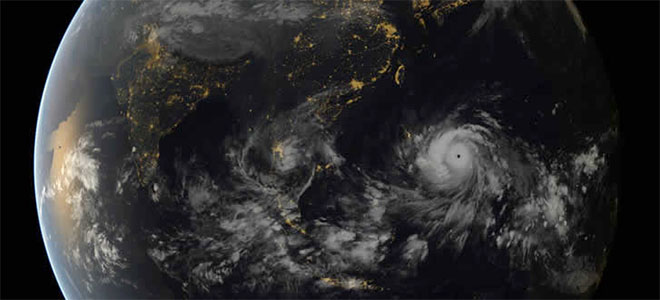
Lisa Dilling Receives New Grant on Reducing Impacts of Climate Variability and Change on Food Security
CSTPR’s Lisa Dilling and Meaghan Daly have received a new grant titled “Identifying Constraints to and Opportunities for Co-production of Climate Information for Improved Food Security “. The grant, funded by U.S. Agency for International Development, seeks to reduce impacts of climate variability and change on food security by systematically identifying opportunities for and constraints to the use of climate forecasts for improved adaptation planning.
Project Abstract: Between 2010-2012, approximately 870 million people across the globe were undernourished, with nearly 30% of these located in Sub-Saharan Africa (FAO 2012). In Tanzania, prevalence of under-nutrition is significantly higher than global averages, at nearly 40% (FAO 2012). There are concerns that climate change may result in increasingly erratic or extreme weather, which may exacerbate existing climate-related vulnerabilities and threaten development gains (IPCC 2012). The United Republic of Tanzania’s National Strategy for Growth and Poverty Reduction (MKUKUTA) calls for reductions in food insecurity through advancement of adaptive food production strategies and strengthening of early warning systems to provide information about impacts of weather and climate. The increasing availability of climate information at a variety of timescales offers the prospect of reducing the impacts of climate variability on agro-pastoral livelihoods by increasing the range of pro-active risk management strategies that may be employed to avoid use of unsustainable coping strategies. However, such information has not yet been applied to its full potential (Patt et al. 2009, Dilling and Lemos 2011). This project seeks to reduce impacts of climate variability and change on food security by systematically identifying opportunities for and constraints to the use of climate forecasts for improved adaptation planning. This will be achieved through the development and testing of a new methodological package that will provide insight on interactions between the input of scientific climate information and attributes of the enabling environment that may facilitate or impede the successful production, access, and use of climate information for adaptation decisions to reduce food insecurity. Methods and data analysis will contribute to two primary objectives to improve adaptive capacity address food security challenges:
- Objective 1: Improved Understanding Current Climate Knowledge Production, Access, and Use
- Objective 2: Identification of Opportunities and Constraints for Co-production of Climate Knowledge




 Energy and innovation in Brazil: Current drivers and trends
Energy and innovation in Brazil: Current drivers and trends New research program at the Center on the Science, Technology, Policy and Politics of Sport
New research program at the Center on the Science, Technology, Policy and Politics of Sport Roger Pielke’s Book, The Honest Broker, highlighted in an NPR article
Roger Pielke’s Book, The Honest Broker, highlighted in an NPR article Recently I stumbled across
Recently I stumbled across 
 Weinkle, Maue & Pielke paper referenced in Washington Post on super typhoons
Weinkle, Maue & Pielke paper referenced in Washington Post on super typhoons
 Max Boykoff and Shawn Olson referenced in Guardian article
Max Boykoff and Shawn Olson referenced in Guardian article